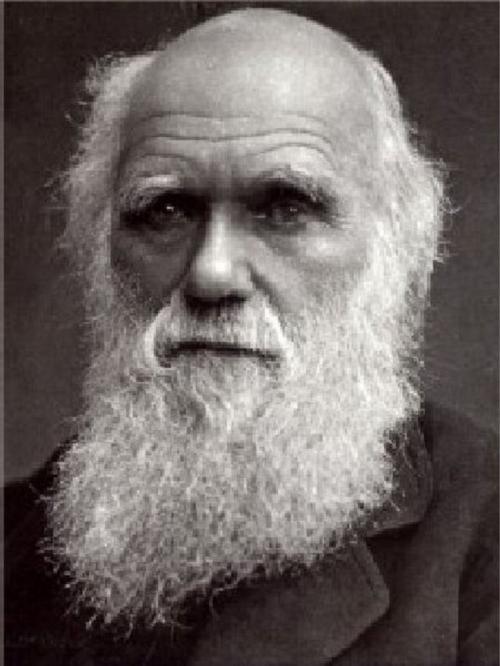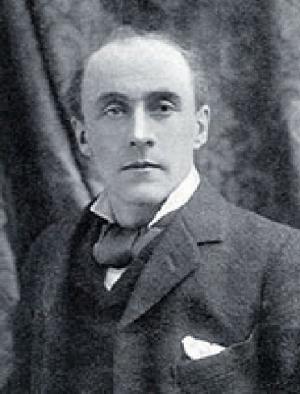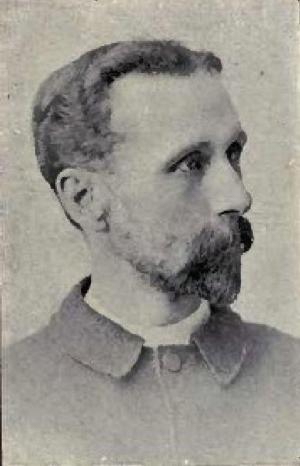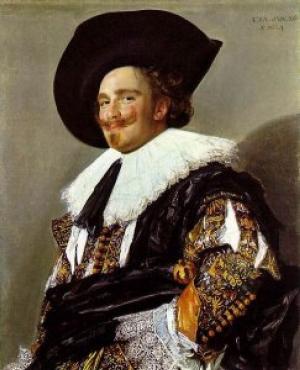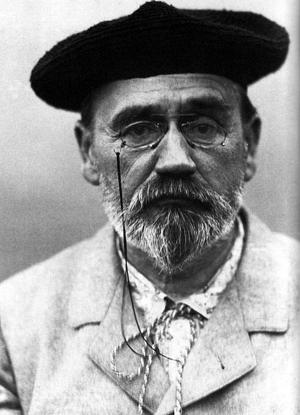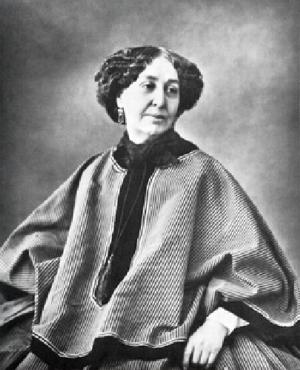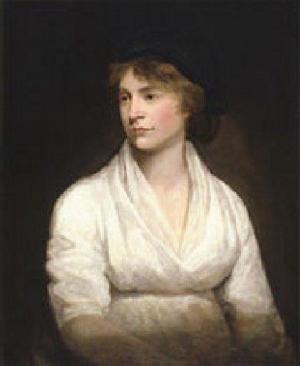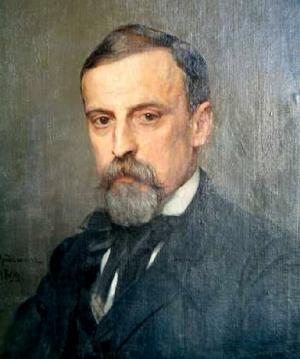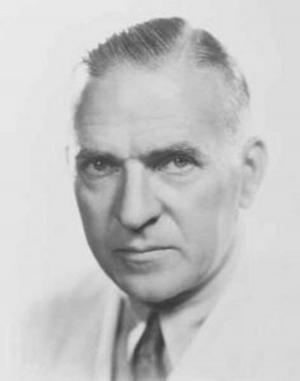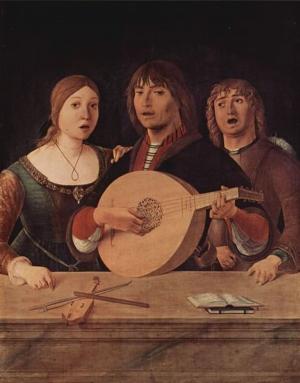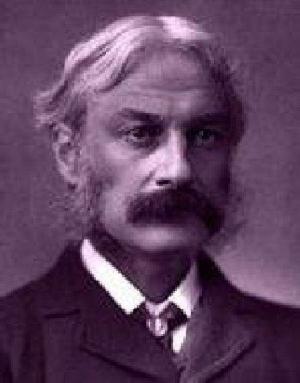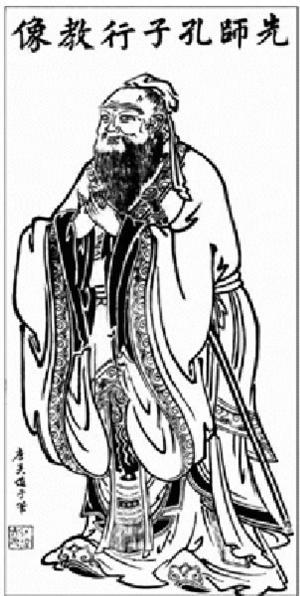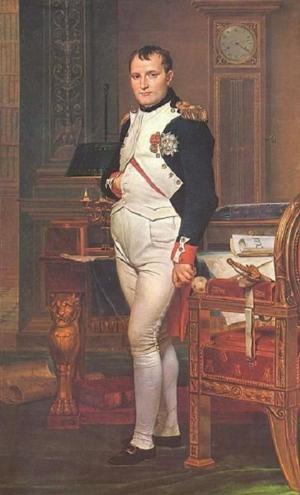The Different Forms of Flowers on Plants of the Same Species
Nonfiction, Science & Nature, Science, Biological Sciences, Evolution| Author: | Charles Darwin | ISBN: | 9781455390106 |
| Publisher: | B&R Samizdat Express | Publication: | December 15, 2009 |
| Imprint: | Language: | English |
| Author: | Charles Darwin |
| ISBN: | 9781455390106 |
| Publisher: | B&R Samizdat Express |
| Publication: | December 15, 2009 |
| Imprint: | |
| Language: | English |
The Introduction begins: "The subject of the present volume, namely the differently formed flowers normally produced by certain kinds of plants, either on the same stock or on distinct stocks, ought to have been treated by a professed botanist, to which distinction I can lay no claim. As far as the sexual relations of flowers are concerned, Linnaeus long ago divided them into hermaphrodite, monoecious, dioecious, and polygamous species. This fundamental distinction, with the aid of several subdivisions in each of the four classes, will serve my purpose; but the classification is artificial, and the groups often pass into one another." According to Wikipedia: "Charles Robert Darwin (12 February 1809 19 April 1882) was an English naturalist, who realised and demonstrated that all species of life have evolved over time from common ancestors through the process he called natural selection. The fact that evolution occurs became accepted by the scientific community and the general public in his lifetime, while his theory of natural selection came to be widely seen as the primary explanation of the process of evolution in the 1930s, and now forms the basis of modern evolutionary theory. In modified form, Darwin’s scientific discovery remains the foundation of biology, as it provides a unifying logical explanation for the diversity of life."
The Introduction begins: "The subject of the present volume, namely the differently formed flowers normally produced by certain kinds of plants, either on the same stock or on distinct stocks, ought to have been treated by a professed botanist, to which distinction I can lay no claim. As far as the sexual relations of flowers are concerned, Linnaeus long ago divided them into hermaphrodite, monoecious, dioecious, and polygamous species. This fundamental distinction, with the aid of several subdivisions in each of the four classes, will serve my purpose; but the classification is artificial, and the groups often pass into one another." According to Wikipedia: "Charles Robert Darwin (12 February 1809 19 April 1882) was an English naturalist, who realised and demonstrated that all species of life have evolved over time from common ancestors through the process he called natural selection. The fact that evolution occurs became accepted by the scientific community and the general public in his lifetime, while his theory of natural selection came to be widely seen as the primary explanation of the process of evolution in the 1930s, and now forms the basis of modern evolutionary theory. In modified form, Darwin’s scientific discovery remains the foundation of biology, as it provides a unifying logical explanation for the diversity of life."
